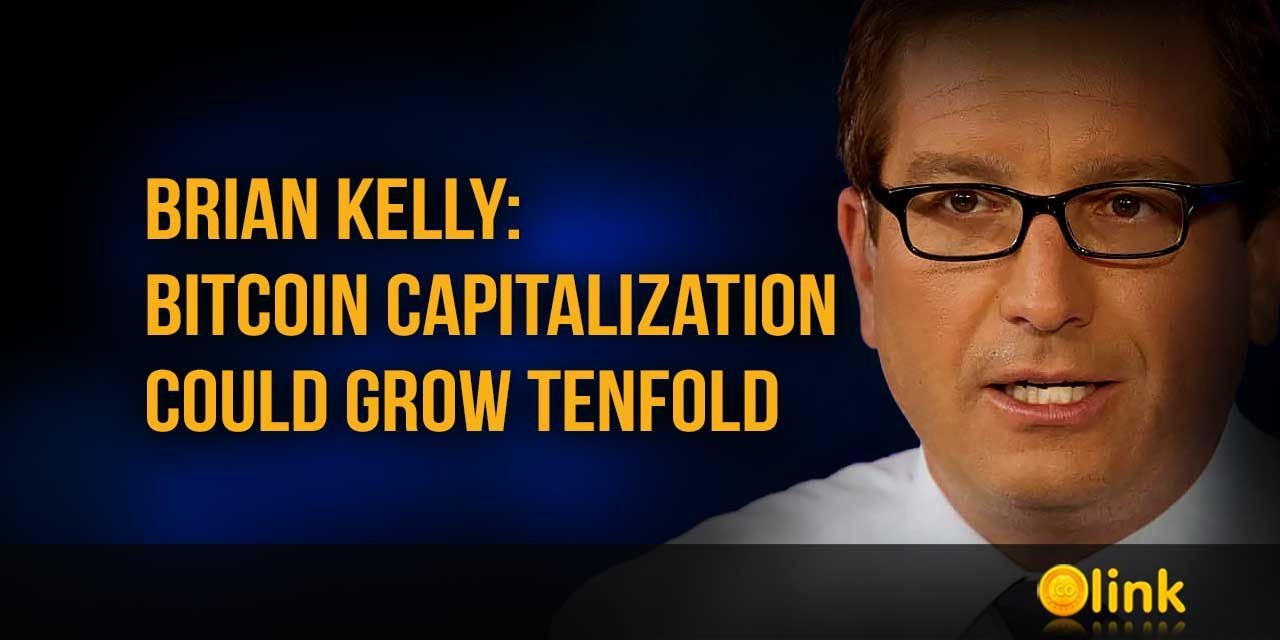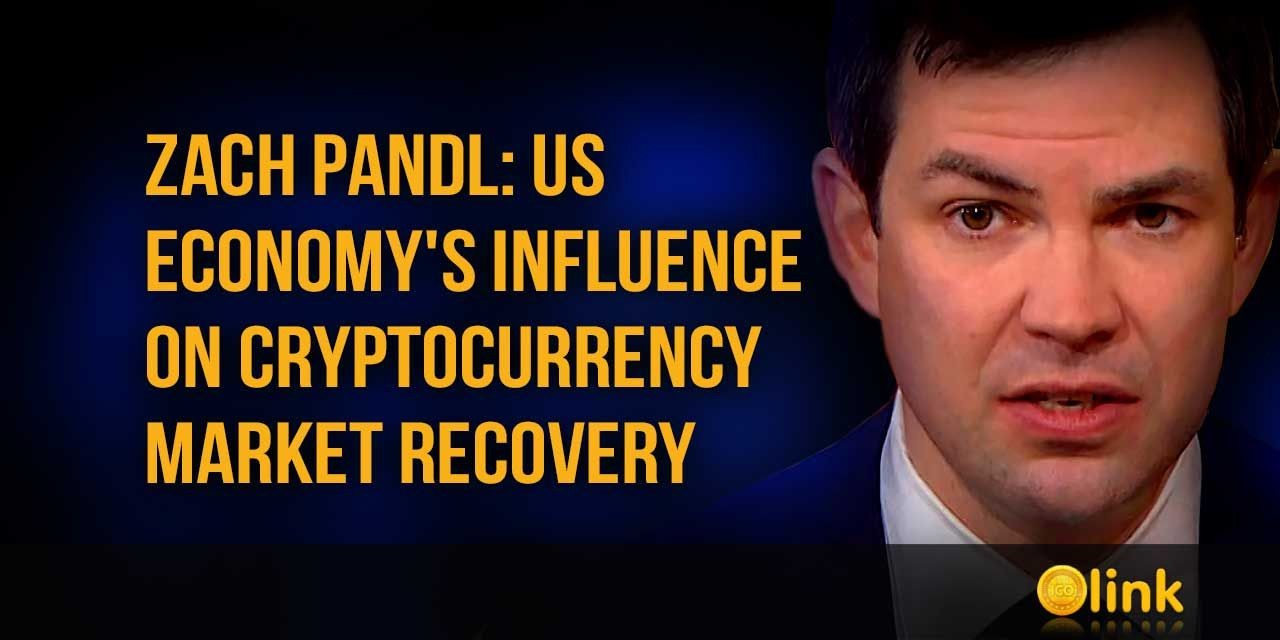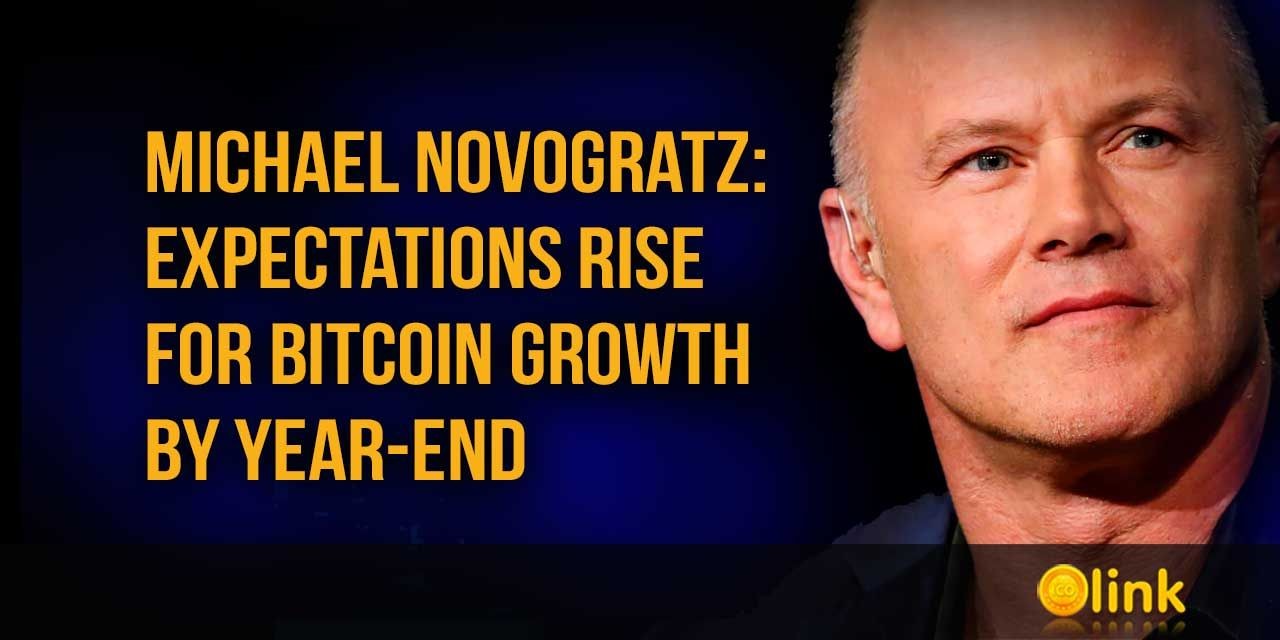us federal reserve
Here you will find all posts tagged us federal reserve
About us federal reserve ℹ️
The US Federal Reserve (United States Federal Reserve), often simply referred to as the Fed, is the central banking system of the United States. Established by the Federal Reserve Act of 1913, the Fed's primary mandate is to promote maximum employment, stable prices, and moderate long-term interest rates in the United States economy. The Federal Reserve consists of several key components, including the Board of Governors, the Federal Open Market Committee (FOMC), and 12 regional Federal Reserve Banks located across the country. The Board of Governors, headquartered in Washington, D.C., oversees the operations of the Federal Reserve System and is responsible for setting monetary policy. One of the most important tools at the disposal of the Federal Reserve is the setting of the federal funds rate, which is the interest rate at which banks lend reserves to each other overnight. By adjusting the federal funds rate, the Fed can influence borrowing and lending activity, economic growth, and inflationary pressures in the economy. In addition to setting monetary policy, the Federal Reserve also supervises and regulates banks and financial institutions to ensure the stability and soundness of the banking system. It plays a critical role in maintaining financial stability, providing liquidity to financial markets during times of stress, and overseeing payment systems to facilitate the smooth functioning of the economy. The Federal Reserve is governed by a structure designed to ensure independence from political influence, with members of the Board of Governors appointed by the President of the United States and confirmed by the Senate to serve staggered terms. This independence allows the Fed to make monetary policy decisions based on economic data and analysis rather than political considerations. Overall, the Federal Reserve plays a central role in shaping the trajectory of the U.S. economy, with its monetary policy decisions influencing interest rates, inflation, and economic growth. Through its actions, the Fed aims to achieve its dual mandate of promoting maximum employment and stable prices, thereby fostering a healthy and resilient economy for the benefit of all Americans.
Matt Hougan's Optimistic Outlook on Bitcoin's Future Despite Challenges
Bitcoin's Path to $1 Million: The Impact of Spot ETFs According to Industry Experts
Exploring the Future of Bitcoin: The Impact of ETFs and Industry Developments
Bitcoin Potential for Massive Growth: Insights from Brian Kelly
Cryptocurrency Market Recovery Hinges on US Economic Drawdown
Bitcoin's Uptick Prediction by Year-End, Foreseen by Michael Novogratz
US Federal Reserve Acknowledges Stablecoins as Currency: A Bold Move by Jerome Powell
A Resurgence on the Horizon: Arthur Hayes Foresees Bitcoin Bull Run
US regulatory agencies - the Office of the Comptroller of the Currency (OCC) and the Federal Deposit Insurance Corporation (FDIC) are exploring the possibility of providing federal banking licenses for technology companies that provide financial services, such as remittances and lending.
The presence of a federal license will allow FINTECH companies to reduce costs and develop new regions and products. However, they do not intend to invest heavily in expansion without having access to payment systems, settlement services and other tools of the US Federal Reserve (Fed).Former head of the US Federal Reserve Janet Yellen, known for her extreme skepticism about cryptocurrency, unexpectedly for herself became the owner of a small part of Bitcoin, having received it as a gift.
It is reported that the founder of the Bitcoin-gift service Biterica Raz Suprovichi sent Yellen 0.0031642 BTC (approximately $ 20) via her email address at the University of Berkeley.








